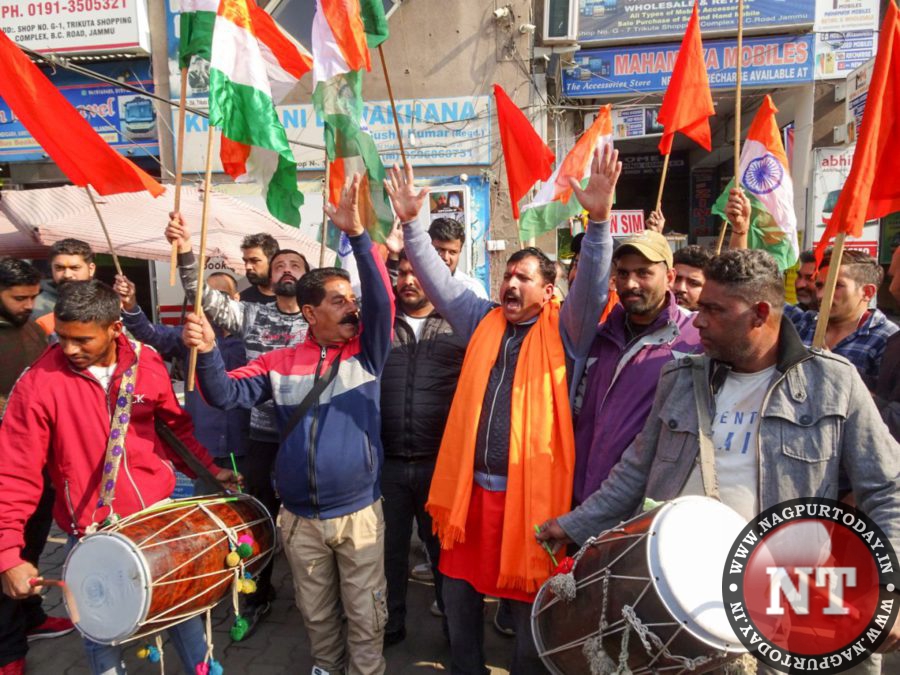
A month ago, on December 11, 2023, the Supreme Court unanimously upheld the Centre’s decision to abrogate Article 370 of the Constitution, that bestowed special status upon the erstwhile state of Jammu and Kashmir.
The apex court also upheld the validity of the Union government’s decision to carve out the Union Territory of Ladakh from the erstwhile state of Jammu and Kashmir, although it did not adjudicate upon the validity of the reorganisation of J-K into UTs.
Holding that Article 370 was a temporary provision, the apex court ruled that J-K had no internal sovereignty and the concurrence of the state government was not required to apply the Indian Constitution to the state.
Arghya Sengupta, founder and research director at the Vidhi Centre for Legal Policy, who also authored Ham Ast: A Biography of Article 370 spoke to Rediff.com’s Utkarsh Mishra about the Supreme Court verdict against which several review petitions were filed on January 10, 2024.
“The Supreme Court is a largely conservative institution, interpreting a largely conservative Constitution. It was thus no surprise that it found a baseline of enhanced integration and unity underlying Article 370 and the overall relationship between J-K and India,” says Sengupta.
















